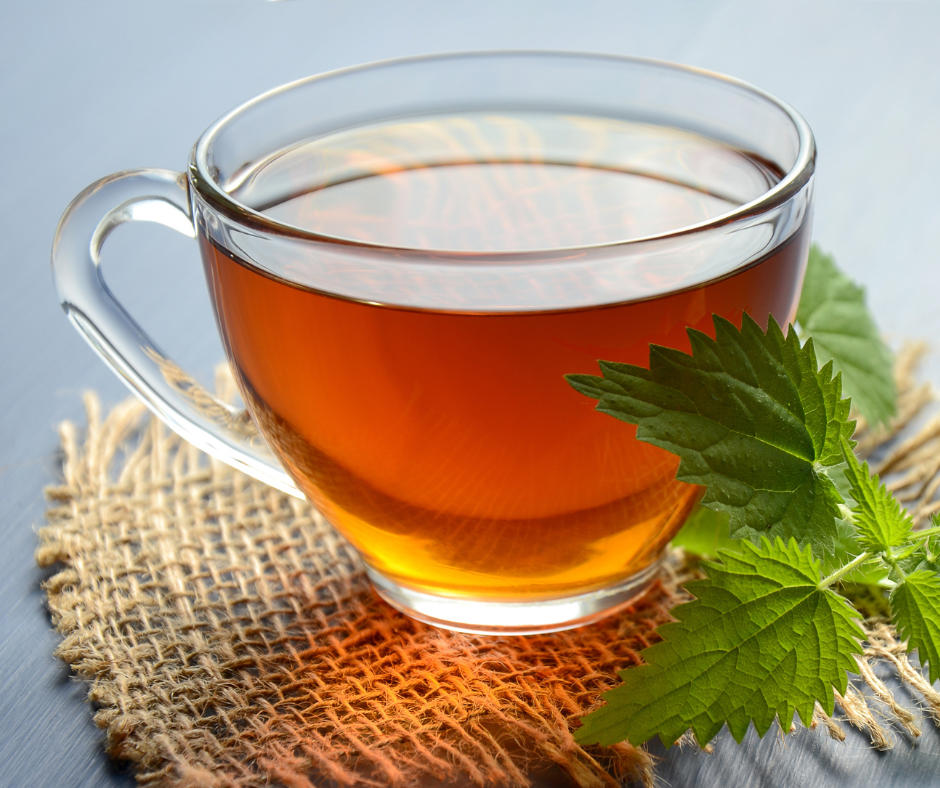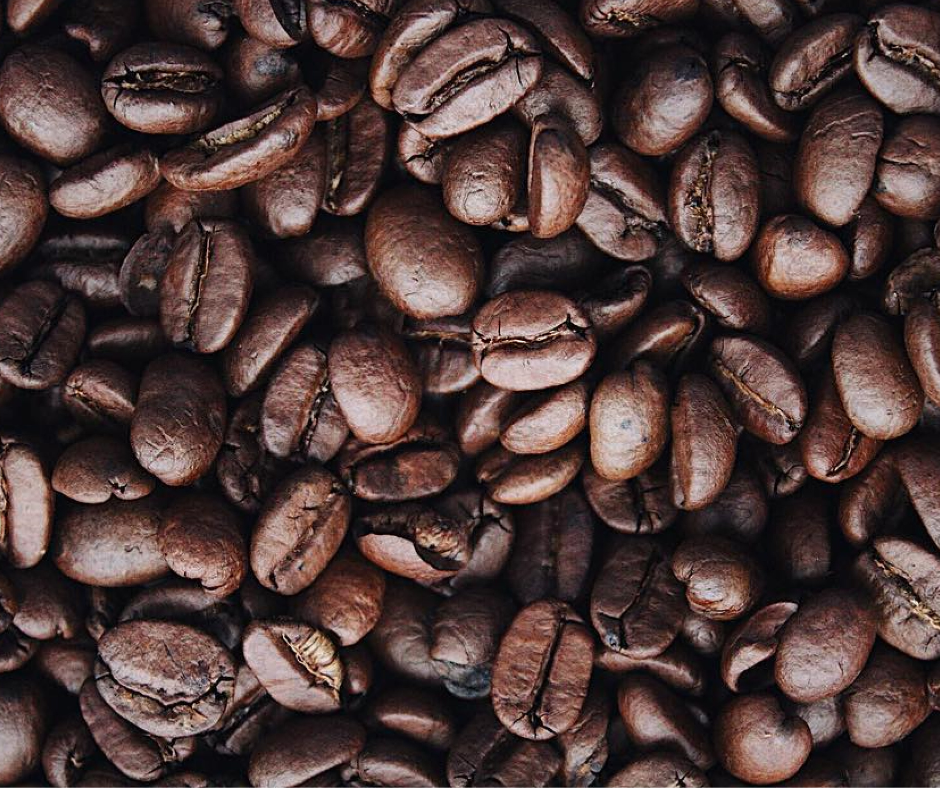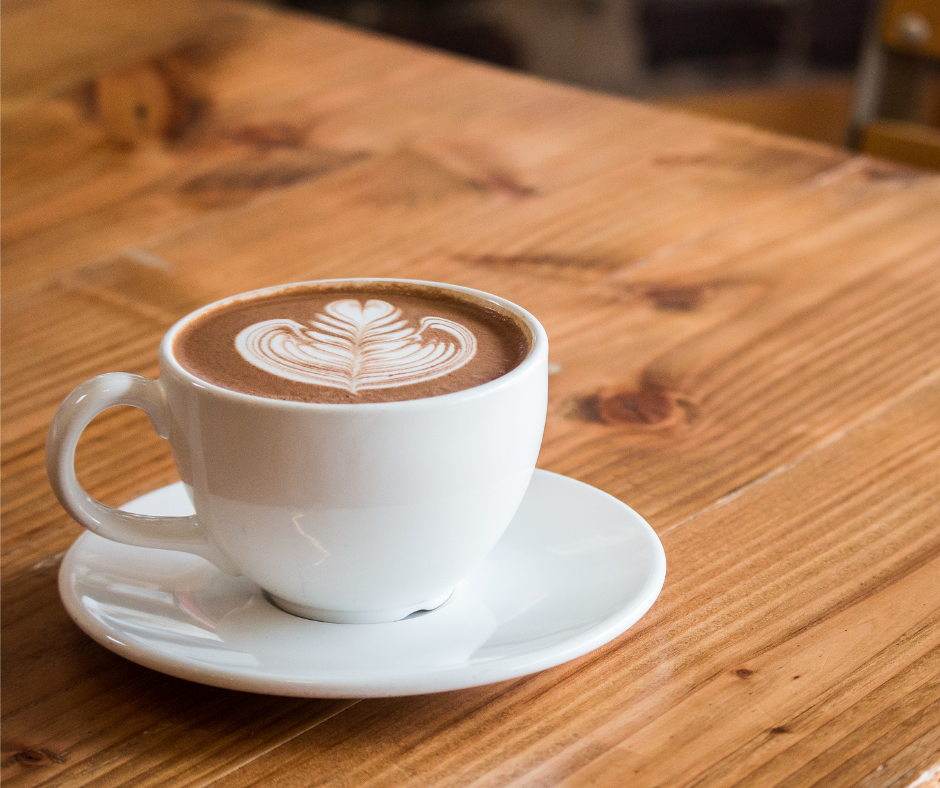Introduction
The biggest question for coffee and tea lovers may be how much caffeine in green tea compared to coffee. This blog aims to provide an overview of the comparison between caffeine in green tea and coffee as energy boosters. Understanding the differences in caffeine content, health benefits, and potential side effects can help individuals make informed choices about their preferred beverage for an energy boost. While green tea and coffee contain caffeine, they offer distinct qualities and potential health benefits.
Introduction To Caffeine In Green Tea Vs. Coffee
Caffeine is a popular natural stimulant found in green tea and coffee. These beverages are widely consumed for their energizing properties and ability to provide a quick boost. Green tea is derived from the leaves of the Camellia sinensis plant, while coffee beans are the source of our beloved cup of joe. While both contain caffeine, taste, preparation methods, and overall health benefits differ. However, we need to find out how much caffeine is in green tea compared to coffee. Exploring these differences can help individuals choose which beverage suits their energy needs best.
Importance Of Understanding Energy Boosters
Understanding energy boosters is crucial for individuals looking to enhance their productivity and stay energized throughout the day. With busy schedules and demanding lifestyles, it is vital to have the knowledge to choose the best energy booster for you. Green tea and coffee are popular options but differ in their caffeine content, health benefits, and potential side effects. By understanding these differences, individuals can decide which energy booster aligns with their needs and goals. This knowledge empowers individuals to optimize their energy levels and maximize their performance, ultimately leading to a more productive and fulfilling life.
How Much Caffeine In Green Tea Compared To Coffee
When it comes to caffeine content, green tea and coffee differ significantly. On average, an 8 oz serving of coffee contains about 80 to 100 mg of caffeine, while the same green tea serves only around 30 to 50 mg. It’s important to note that the actual caffeine content may vary depending on factors such as brewing method, temperature, and the specific variety of coffee beans or tea leaves used. So, coffee might be your go-to option if you’re looking for a higher caffeine boost. However, green tea could be better if you prefer a milder kick.
Caffeine Content In Green Tea
The caffeine content in green tea varies depending on the brewing method, temperature, and the specific variety of tea leaves used. On average, an 8-oz green tea contains about 30 to 50 mg of caffeine, significantly lower than coffee. Green tea provides a milder kick of energy without the intense jitters or crashes that can come with higher doses of caffeine. It can be an excellent option for those seeking a more moderate caffeine boost throughout the day.
Caffeine Content In Coffee
On average, an 8 oz serving of coffee contains around 80 to 100 mg of caffeine. However, the exact amount can vary depending on the brewing method, roast level, and coffee bean type. Darker roasts tend to have slightly less caffeine than lighter roasts. It’s important to note that coffee is known for its higher caffeine content than green tea. This higher caffeine concentration in coffee contributes to its solid and stimulating effects on the body.
Health Benefits
Caffeine in green tea offers several health benefits. It contains antioxidants that help protect the body against free radicals and reduce the risk of chronic diseases such as heart disease and certain types of cancer. Green tea also promotes weight loss by boosting metabolism and burning fat. Additionally, it supports brain function and improves cognitive performance. Considering to take into account how much caffeine is in green tea compared to coffee when choosing your beverage, The combination of caffeine and other compounds in green tea can enhance mood, increase alertness, and provide a natural energy boost without the jitters associated with coffee.
Health Benefits Of Caffeine In Green Tea
Caffeine in green tea offers several health benefits. It contains antioxidants that help protect the body against free radicals and reduce the risk of chronic diseases such as heart disease and certain types of cancer. Green tea also promotes weight loss by boosting metabolism and burning fat. Additionally, it supports brain function and improves cognitive performance. The combination of caffeine and other compounds in green tea can enhance mood, increase alertness, and provide a natural energy boost without the jitters associated with coffee.
Health Benefits Of Caffeine In Coffee
Caffeine in coffee offers several health benefits. It acts as a central nervous system stimulant, enhancing alertness and cognitive function. It can improve focus and concentration, making it an ideal choice for those needing a mental boost. Caffeine in coffee has been associated with a reduced risk of Parkinson’s disease, liver disease, and certain types of cancer. It may also have a positive impact on mood and alleviate symptoms of depression. Additionally, caffeine can increase metabolism and promote weight loss. However, it is essential to consume coffee in moderation to avoid adverse side effects.
Side Effects
It is essential to be aware of how much caffeine in green tea compared to coffee and the potential side effects of caffeine in both green tea and coffee. In high doses, caffeine can lead to insomnia, restlessness, and increased heart rate. It may also cause digestive issues such as stomach upset and acid reflux. Additionally, caffeine can have a diuretic effect, increasing urination and potentially leading to dehydration. Some individuals may be more sensitive to the effects of caffeine and may experience anxiety or jitteriness. Consuming these beverages in moderation and listening to your body’s response is recommended.
Side Effects Of Caffeine In Green Tea
Consuming caffeine in green tea may have some side effects to be aware of. While green tea generally contains less caffeine than coffee, it can still have adverse effects if consumed excessively. Some common side effects of caffeine in green tea include insomnia, restlessness, increased heart rate, stomach upset, and acid reflux. Additionally, caffeine has a diuretic effect, leading to increased urination and potential dehydration. It’s essential to consume green tea in moderation and pay attention to how your body reacts to caffeine.
Side Effects Of Caffeine In Coffee
While coffee can provide an instant energy boost, it also comes with potential side effects due to its caffeine content. Consuming too much caffeine in coffee can lead to insomnia, restlessness, increased heart rate, and digestive issues such as stomach upset and acid reflux. Additionally, caffeine has diuretic properties, which can result in increased urination and potential dehydration. It’s essential to be mindful of your caffeine intake and listen to your body’s reactions. Moderation is vital when it comes to enjoying the benefits of caffeine in coffee without experiencing adverse side effects.
Comparison
We know how much caffeine is in green tea compared to coffee. Then, when comparing the effects of caffeine, green tea and coffee have distinct differences. Green tea generally contains less caffeine than coffee, making it a more suitable choice for individuals sensitive to the stimulating effects of caffeine. The combination of caffeine and L-theanine in green tea provides a balanced energy boost without the jitters or crashes commonly associated with coffee. However, coffee offers a higher caffeine content, which may be preferred by those seeking a more substantial and more immediate burst of energy. Ultimately, the choice between green tea and coffee as energy boosters depends on personal preferences and tolerance to caffeine.
Comparison Of Caffeine Effects In Green Tea Vs. Coffee
When comparing the effects of caffeine, green tea and coffee have distinct differences. Green tea generally contains less caffeine than coffee, making it a more suitable choice for individuals sensitive to the stimulating effects of caffeine. The combination of caffeine and L-theanine in green tea provides a balanced energy boost without the jitters or crashes commonly associated with coffee. However, coffee offers a higher caffeine content, which may be preferred by those seeking a more substantial and more immediate burst of energy. Ultimately, the choice between green tea and coffee as energy boosters depends on personal preferences and tolerance to caffeine.
Which Energy Booster Is Right For You?
When deciding between green tea and coffee as energy boosters, it ultimately comes down to personal preference and individual needs. Green tea might be the right choice for a milder, more sustained energy boost without the jitters or crashes. It contains less caffeine but offers a balanced enhancement due to the presence of L-theanine. On the other hand, coffee, with its higher caffeine content, may be more suitable if you need a more substantial and immediate burst of energy. Consider your tolerance to caffeine and desired effects, and consider how much caffeine is in green tea compared to coffee in one cup of tea or coffee when making your decision.
Conclusion n
In conclusion, we have already explored how much caffeine in green tea compared to coffee and the effects of green tea, and coffee make them popular choices as energy boosters. Green tea offers a milder and more sustained energy boost due to its lower caffeine content and the presence of L-theanine, which helps balance out caffeine’s effects. Additionally, green tea provides numerous health benefits, including improved mental alertness and reduced risk of heart disease and diabetes. On the other hand, coffee offers a more substantial and immediate burst of energy but may also lead to jitters or crashes. Choosing these two energy boosters depends on personal preference and individual health needs.
Summary Of Caffeine In Green Tea Vs. Coffee
Green tea and coffee are popular energy boosters but differ in caffeine content and effects. Green tea typically contains around 30-50 mg of caffeine, while a cup of coffee can have more than 100 mg. Green tea provides a milder and more sustained energy boost due to its lower caffeine content and the presence of L-theanine, which helps balance out caffeine’s effects. On the other hand, coffee offers a more substantial and immediate burst of energy. Choosing these energy boosters depends on personal preference and individual health needs.
Final Thoughts And Recommendations
The caffeine content and effects of green tea and coffee differ, offering unique benefits to individuals. Green tea provides a milder energy boost with its lower caffeine content and the presence of L-theanine, which promotes focus and a sense of calm. On the other hand, coffee offers a more substantial and immediate burst of energy. It is essential to consider your tolerance to caffeine and any potential side effects based on the information on how much caffeine is in green tea compared to the coffee we have shared in this article.
FAQ About Caffeine In Green Tea Vs. Coffee: Exploring The Energy Boosters
Q: How much caffeine in green tea compared to coffee?
A: Green tea generally contains less caffeine than coffee. While an 8-oz cup of green tea may have 30-50 mg of caffeine, the exact size of coffee can have 80-100 mg or more.
Q: Does caffeine in green tea provide the same energy boost as coffee?
A: Green tea’s caffeine is often considered to provide a more gradual and sustained energy boost than coffee’s quicker and potentially jittery boost due to the presence of L-theanine, a natural relaxant. You can prefer the caffeine content in green tea to coffee when choosing a suitable drink.
Q: Are there any other benefits to consuming caffeine from green tea over coffee?
A: Yes, green tea offers various health benefits due to its antioxidants and other compounds that support metabolism, brain function, and overall well-being, in addition to caffeine stimulation.
Q: Can caffeine in green tea be a good alternative for those sensitive to high caffeine levels in coffee?
A: Absolutely. Green tea can be an excellent alternative for individuals sensitive to high caffeine levels or who experience jitters from coffee, providing a milder and more gentle energy boost.
Q: How do the flavours of green tea and coffee differ regarding caffeine content?
A: Green tea has a more subtle and earthy flavour profile than bold and intense coffee. However, coffee’s caffeine content is generally higher than green tea’s, leading to taste and caffeine effect differences.
Q: Is it possible to combine the benefits of caffeine from green tea and coffee?
A: Yes, some individuals enjoy green tea and coffee throughout the day to experience a mix of the unique benefits each beverage offers, balancing their caffeine intake and flavour preferences.
Q: Are there any specific recommendations for consuming caffeine in green tea or coffee to achieve optimal energy levels?
A: It is advised to monitor your caffeine intake based on your tolerance levels and preferences, experimenting with green tea and coffee to find the best balance to maintain optimal energy levels throughout the day.

Deb Carlson at Crosslake Coffee: Join Deb at Crosslake Coffee for a delightful blend of community, caffeine, and creativity. Discover the cozy ambiance and warm hospitality that make this local coffee shop a beloved gathering spot. From expertly crafted espresso drinks to mouthwatering pastries, Deb invites you to savor every sip and bite. Stay connected with the latest updates on specials, events, and live music performances by following Deb Carlson at Crosslake Coffee on social media. Embrace the vibrant online community and share your love for great coffee and good company with fellow enthusiasts. Don’t miss out on a moment of the Crosslake Coffee experience – connect with Deb on social media today.



